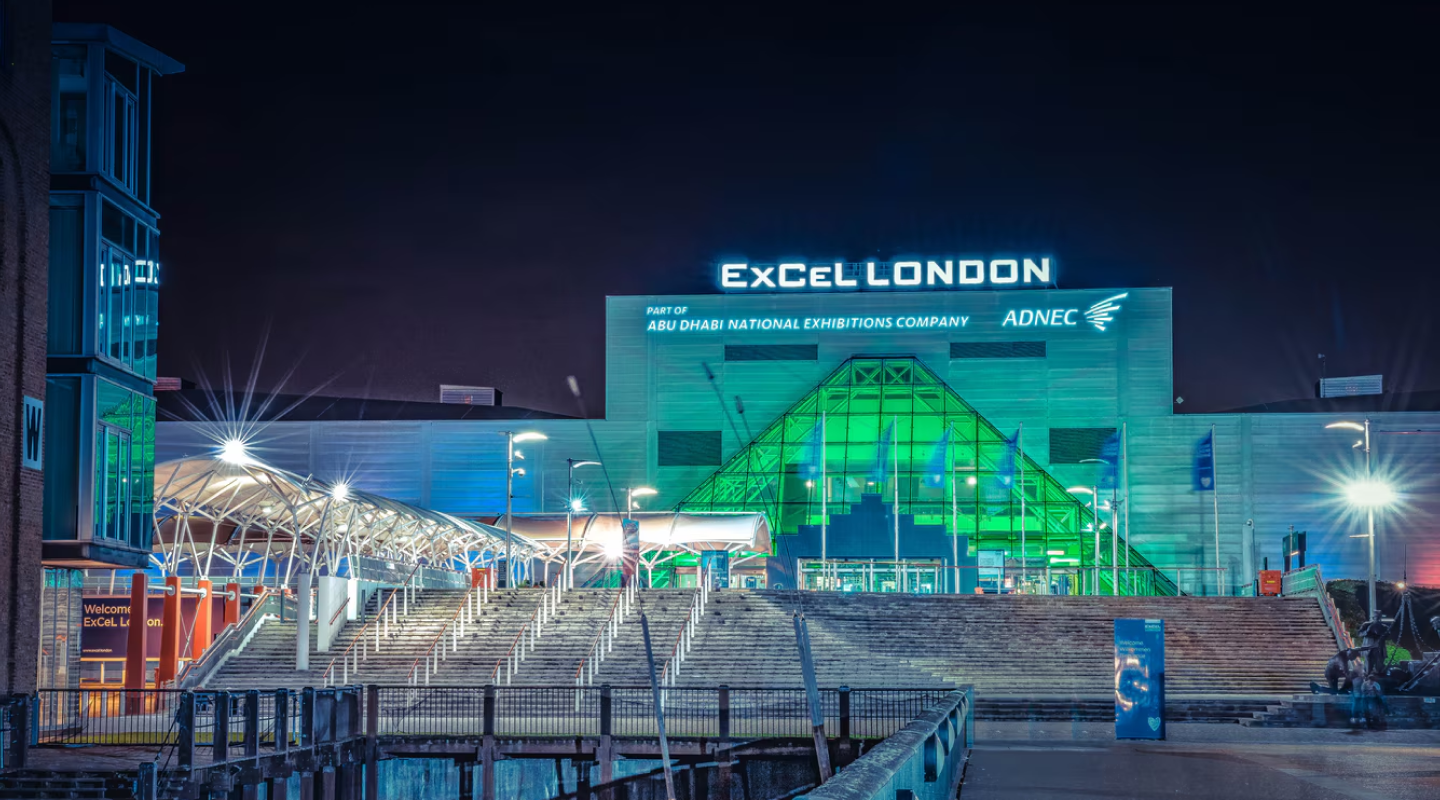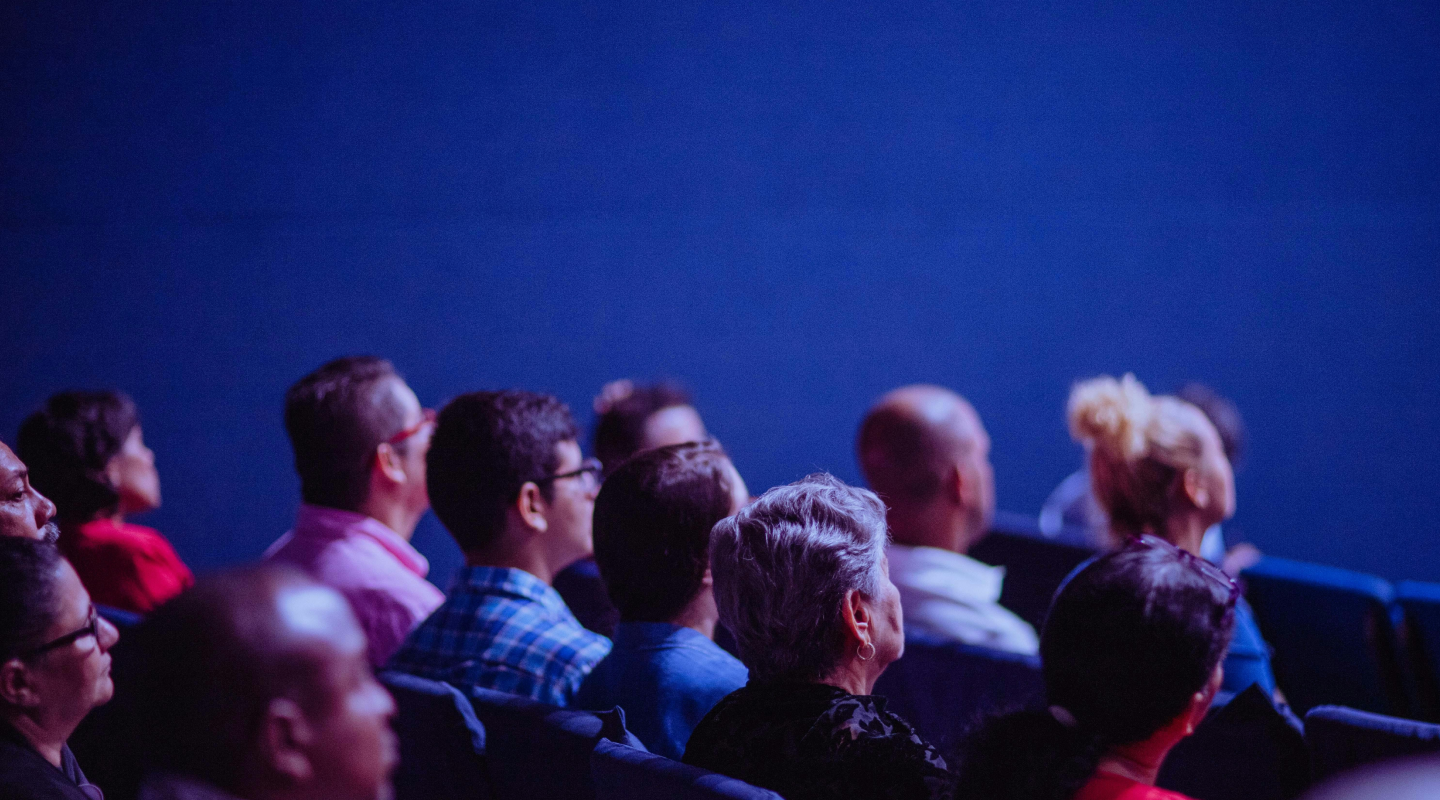Why behavioural insights are the future of event design
Event planning has evolved. Success no longer belongs solely to the biggest budgets or most impressive keynote. It goes to those who understand, and act on, how their audiences behave.
Behavioural data reveals not just who your attendees are, but how they engage. This includes everything from which days they’re most active, to how long they spend in certain areas, to when (and where) they choose to sleep. It’s the difference between generic logistics and meaningful experience design.
With the right behavioural insights, organisers and venues can create smoother flows, better sessions, and higher-impact moments without guessing.
1. What counts as ‘behavioural data’?
Not all data is created equal. Demographics are useful, but behavioural signals are what really drive performance. Here are key types of attendee behaviour that smart organisers are tracking:
- Session check-in/check-out times – reveals peak interest and content fatigue.
- Arrival and departure patterns – helps fine-tune day-by-day programming.
- Accommodation booking data – shows commitment level, engagement, and logistical needs.
- Time spent at booths or networking zones – often tracked via app usage or beacon tech.
- Engagement with event platforms – opens, clicks, downloads, and favourites in the app.
- Repeat attendance – are they coming back year after year? What’s driving loyalty?
2. Using insights to shape smarter events
Schedule optimisation
Once you understand when your audience actually arrives, when they check in to sessions, and when attention drops, you can build around real patterns. Move your headline content to the most engaged days and times, not just the ones that look good on paper.
Venue layout & flow
Use heatmapping and footfall tools to see where traffic jams or dead zones occur. If people linger at the food court but skip the networking area, maybe it’s time to switch their locations.
Content planning
Dwell time in sessions is a goldmine. High exits in the first 10 minutes? Wrong topic or speaker. Overflow rooms every time a particular topic comes up? That’s what your audience wants more of.
Accommodation Insight
Your hotel data is one of the most underused planning tools (we’ll go deeper into that below).
3. Accommodation data: A quiet powerhouse for predictive planning
Accommodation behaviour might not always be front of mind, but it’s incredibly telling. Here’s how organisers can put it to work:
Turning insights into action
- Forecast attendance based on booking patterns - a rise in hotel bookings often predicts late-stage ticket conversions.
- Match programming to peak check-in/check-out periods - if most attendees leave early on the final day, your closing session needs rethinking.
- Segment your audience using booking habits - early bookers, long stays, or international visitors can signal high-value guests worth tailored comms.
Accommodation as an experience signal
- Early bookings = stronger intent - often these are sponsors, speakers or power attendees.
- Proximity matters - those who book nearby are more likely to show up to early sessions and networking events.
- Stay length can reveal engagement - someone staying 4 nights is probably more involved than someone dropping in for a single afternoon.
Accommodation data isn’t just logistics. It’s behaviour. It’s preference. And it’s a planning advantage waiting to be used.
4. Boosting ROI for exhibitors & sponsors
Exhibitors and sponsors want outcomes, not just visibility. Behavioural data helps prove and improve their ROI.
- Share anonymised behaviour data, like dwell times near stands, peak hours, and returning visitors.
- Map audience types to engagement patterns, so sponsors know who was interested, not just how many.
- Highlight VIPs using hotel data, international delegates, early bookers, and group bookings are often key accounts worth flagging.
This kind of intelligence helps sponsors see their investment in action and makes your event a smarter choice for future spend.
5. Tools to capture behavioural data
You don’t need a data science team to get started. Here’s what many organisers are already using:
- Registration platforms – track ticket types, check-in timing, no-shows.
- Event app analytics – popular sessions, features used, and bookmarking behaviour.
- Heatmapping tech – to see where people go, dwell, and bounce.
- Accommodation integrations – tools like EventBeds can help visualise booking trends and patterns.
- Surveys linked to real behaviour – rather than only asking questions, compare what people said with what they did.
6. Start small: Quick wins with behavioural data
This doesn’t have to be a huge overhaul. A few simple checks can lead to fast improvements:
- Look at session attendance vs agenda placement, are earlier slots getting more value?
- Compare day-of-week traffic, is Wednesday still worth a full day of programming?
- Review hotel stay duration vs session attendance, do longer stays equal higher session counts?
- Spot regional vs international differences, do local attendees behave differently from those flying in?
Sometimes, the data you already have is enough to unlock better decisions.
Conclusion: Plan smarter, not just bigger
The best events are the ones that feel intuitive, efficient and memorable, and that doesn’t happen by accident. Behavioural data lets you shift from reactive logistics to proactive design. It helps you meet your attendees where they are, not where you hope they’ll be.
Whether it’s aligning your schedule with real arrival patterns or spotting VIPs through booking behaviour, using what people actually do is your competitive edge.
Curious how accommodation behaviour fits into the big picture?
EventBeds can provide anonymised booking data and attendee trends to support your event strategy, no pushy sales, just smarter planning. Fill out our demo form today for an insight into how data could transofmr your events.
Share this post






